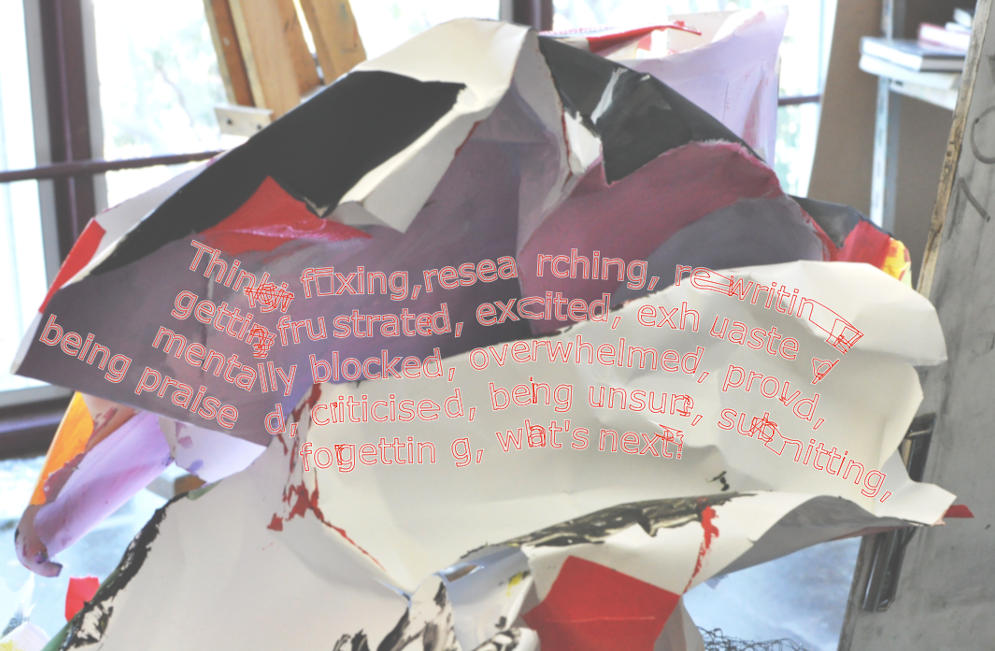Having a solid ethic for your academic routine can empower you to stay on top of your assignments.
USE PEN AND PAPER
The tip number one that I share with all my students is to use an old-fashioned pen and paper tool throughout a day. Digital tools are so easily accessible and portable, and they seem to provide everything a student needs to be successful in their studies, but along with laptops and apps, I highly recommend to write down your thoughts on paper. Summarising lectures in your paper notebook can seem slower and less efficient, but, in fact, it aids your memorisation. Don’t worry if your hand-written notes are messy, and they don’t make much sense if you look back at them later. The most important benefit of writing by hand during university lectures and tutorials is to activate your memory. It is also very useful to brainstorm on paper while preparing for your assignments. Writing rough ideas and linking them with arrows will help a student to draw valuable connections between pieces of information, which will result in finding creative solutions for an assignment.
VOICE YOUR CONCERN
Talk to someone. If you are stuck and can’t move on with your assignment, it is critical to grab someone and voice your concern. If your lecturer, tutor or an academic advisor is not available, due to their busy schedule, or perhaps, you don’t feel comfortable talking to them, you don’t get along with them, you can voice your thoughts to your friend, family member or your partner. Prior to talking to them, write down your concern. For example: I am writing an essay about Greta Thunburg, but I can’t find any peer-reviewed literature that would analyse her contribution to the climate change movement. I am really stuck with it, and I need help finding alternative resources either from my university library or online. Do you have any ideas how I can do it?
Even if your chosen interlocutor can’t help you find a peer-reviewed resource, expressing your needs out loud can give you ideas. There is something magical in saying stuff out loud, especially if this something is very important to you, if it bothers you and makes you anxious. Writing an assignment is a laborious process, and what you want from this process is to be able to set mini milestones. Every time you are faced with a challenge, write down what it entails, and then communicate it to someone.
STUDY SMART
I recommend watching a series of videos designed to help tertiary students improve their memory skills and listening skills. You can also learn how to organise the time spent on studying. This series of videos is a fantastic resource developed by Long Beach City College that can get you into the smart studying mode. If you are prone to procrastination but you really want to succeed in your academic career, start thinking of using your time effectively.
If you are still stuck and need that extra help, reach out to me by requesting a one-on-one lesson. We will develop a strategy together.



